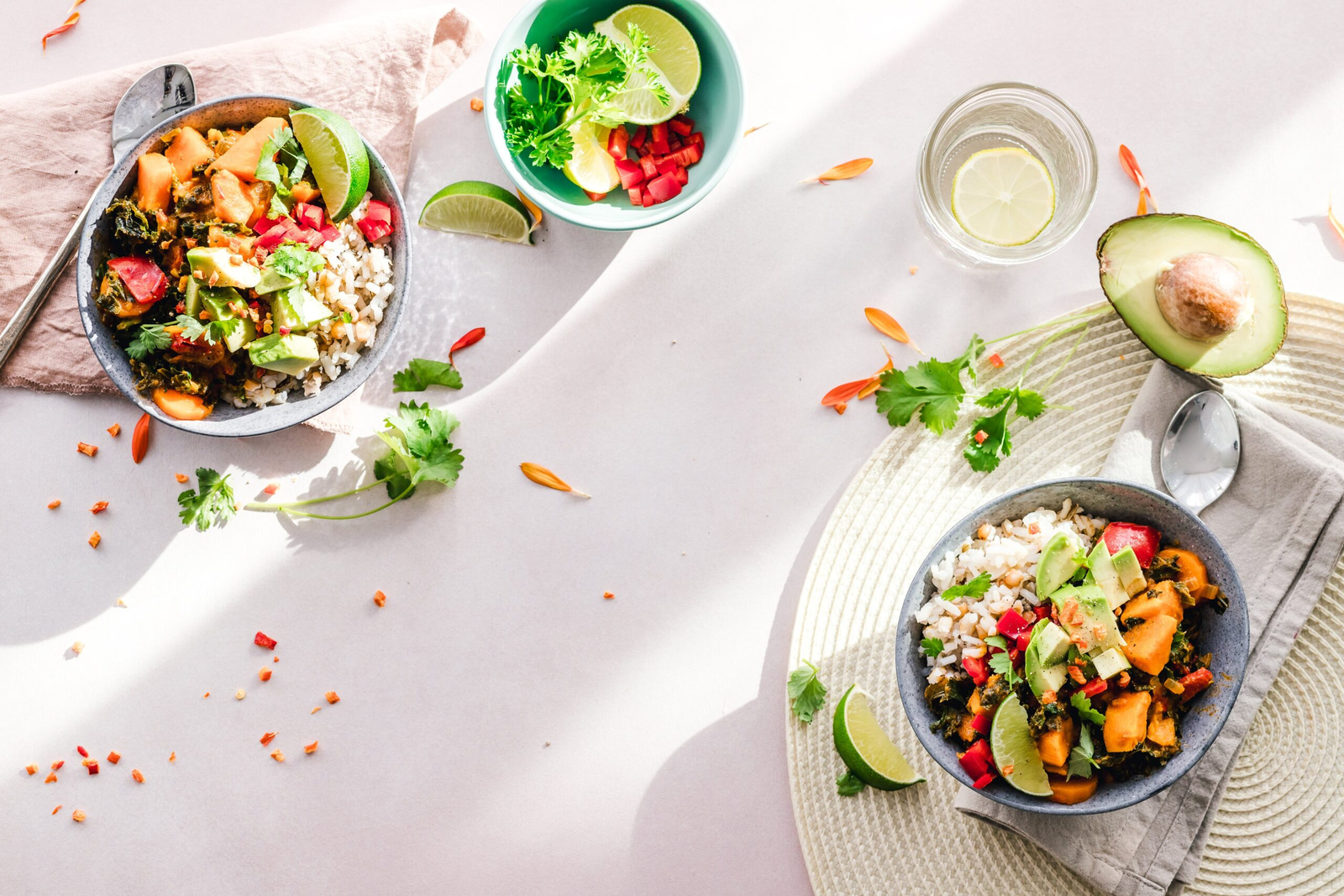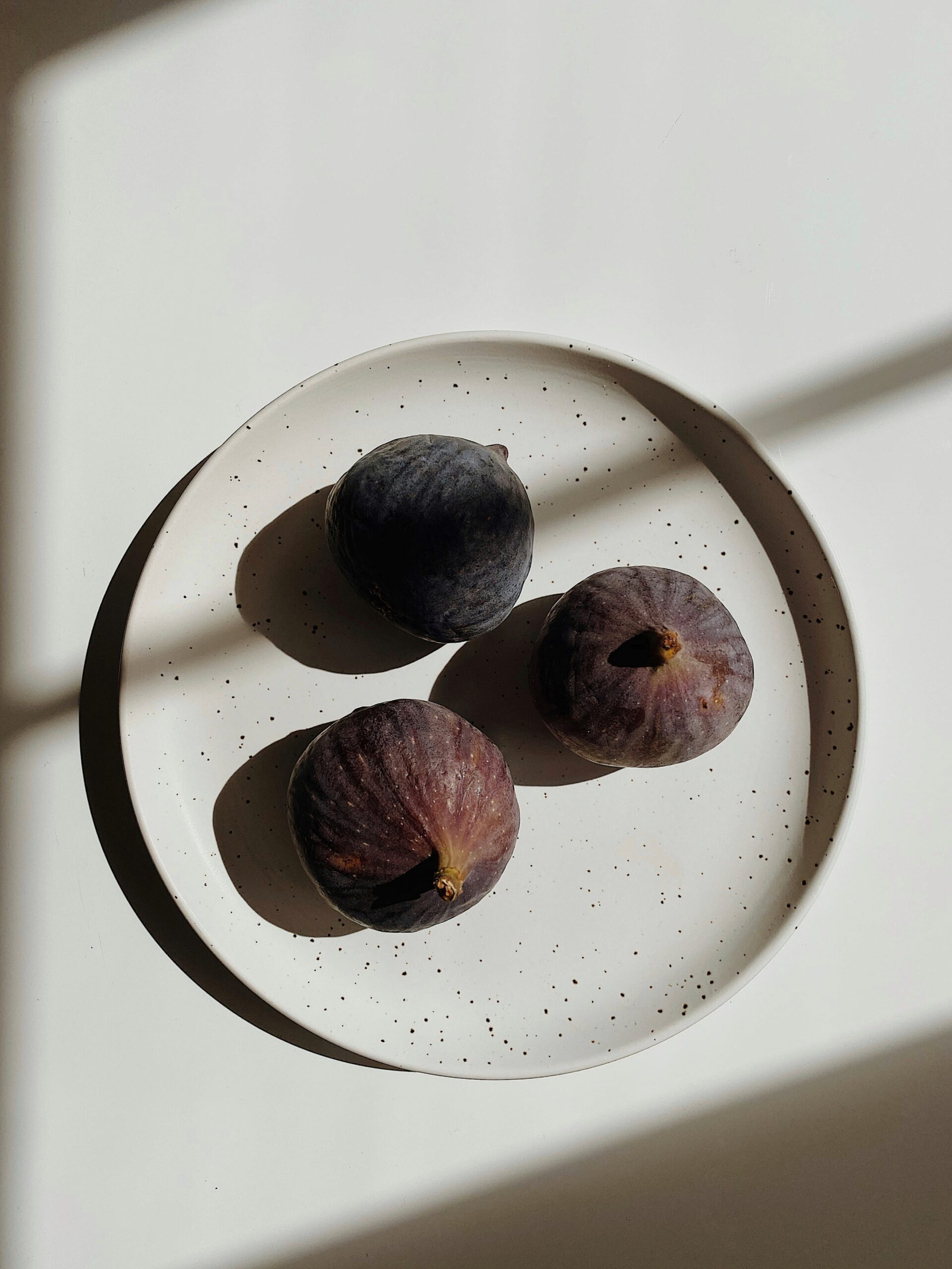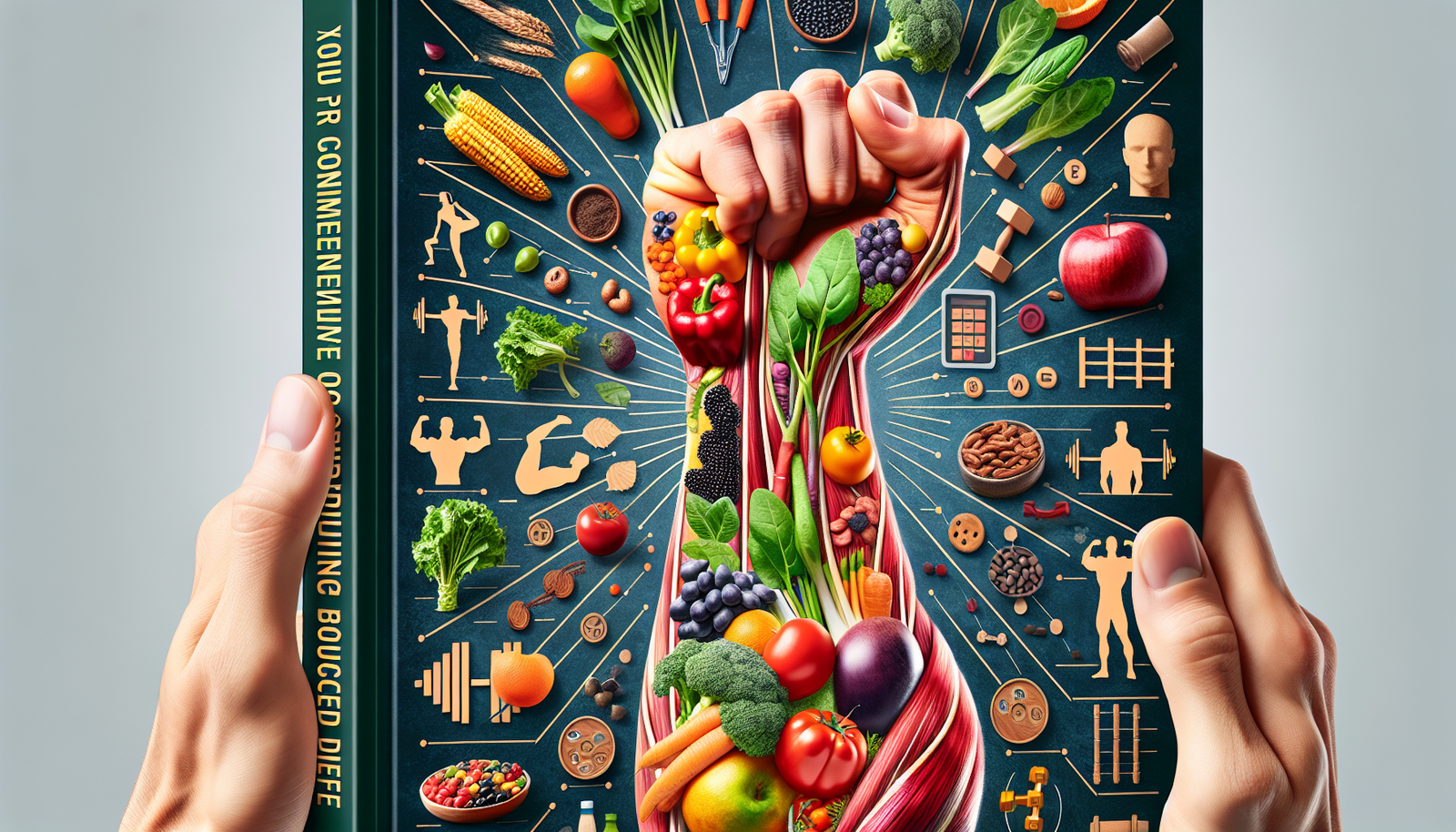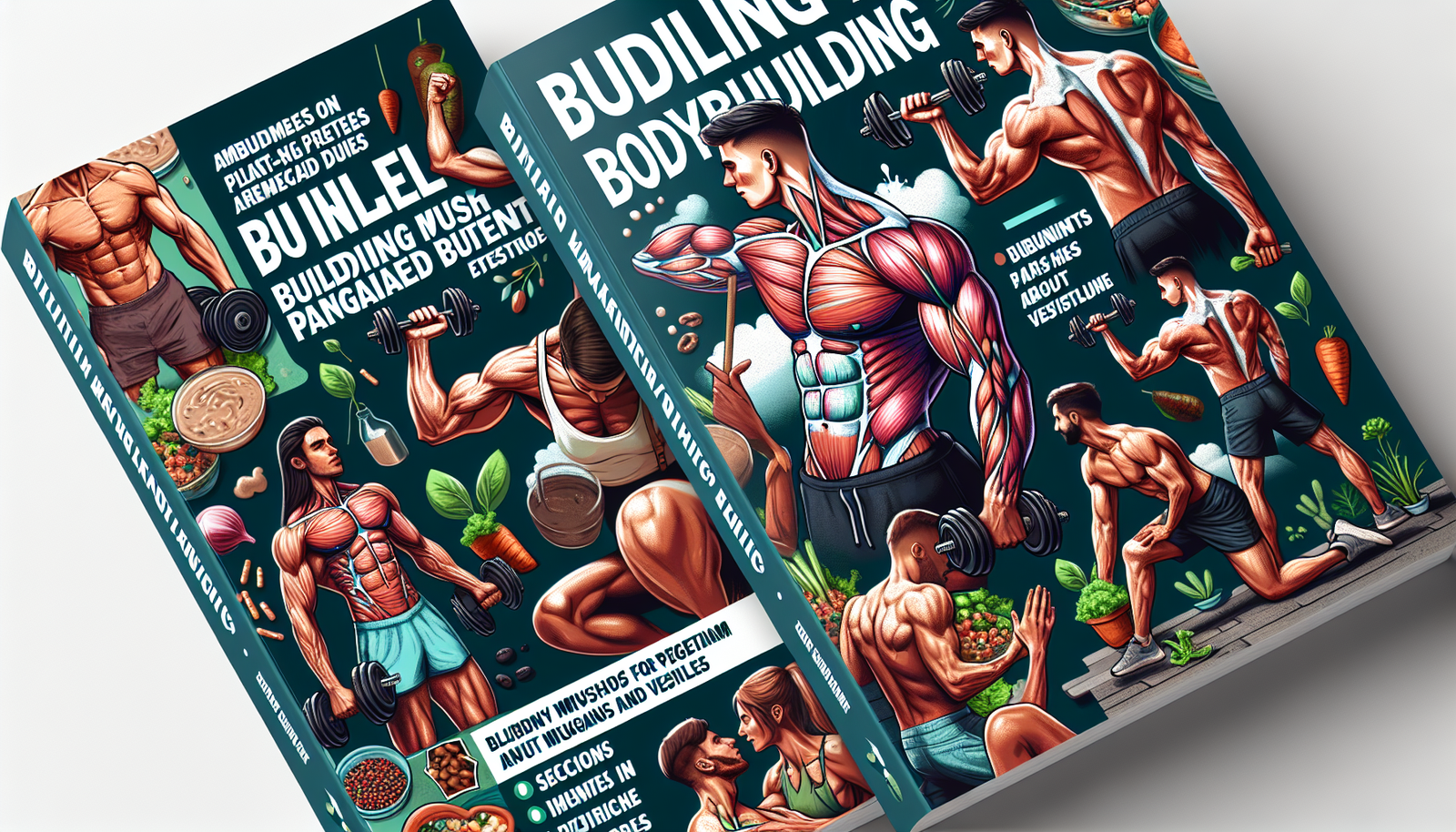How to Build Muscle on a Plant-Based Diet: A Complete Guide
You’re about to discover one of the greatest secrets to building muscle: a plant-based diet. A lot of myths circulate out there about muscle-building, with many believing you need protein-rich meat to truly bulk up. Well, prepare to be astonished, because this isn’t true. As it turns out, a plant-rich diet offers ample protein and nutrients to help you get toned and chiseled effectively. This article will guide you through everything you need to know about using a plant-based diet for muscle gain, shedding light on the key benefits, necessary foods, and some FAQs in the journey towards achieving your fitness goal.

Understanding Muscle Building
Building muscles may seem purely physical; you lift weights, you see muscles, simple right? However, the how and why behind it is much more science-based, rooted in biology and human physiology.
The science behind muscle growth
Muscle growth, also known as hypertrophy, fundamentally occurs when the rate of muscle protein synthesis exceeds the rate of muscle protein breakdown. This balance of synthesis and breakdown, also known as protein turnover, is influenced by various factors, including the type, intensity and frequency of your workouts, your diet, and your overall lifestyle. When you exercise, you create microscopic tears within the muscle fibers. Your body then naturally wants to repair these tears, resulting in the synthesis of new muscle protein and, hence, muscle growth.
Importance of protein for muscle building
Of course, for this process to occur effectively, your body needs sufficient protein. Protein, comprising building blocks known as amino acids, is instrumental in the repair and regeneration of muscle tissue post-workout. It’s the nutrient specifically involved in the growth and strengthening of muscles. So, you can see why ‘protein shakes’ are such a buzzword in the fitness world!
Challenges in Plant-Based Diets
Moving on to plant-based diets: there’s no doubt that they’re gaining popularity, thanks to their wide range of health benefits. However, they also come with their unique set of challenges.
Common misconceptions about a plant-based diet
The most common misconception is that plant-based diets mean total abstinence from animal products. This is not always true. There are varying degrees to plant-based eating, and it’s not a one-size-fits-all scenario. Some people enjoy a predominantly plant-based diet but still eat meat and dairy products occasionally. Plus, contrary to popular belief, you can get all the nutrients, including protein, from a plant-based diet.
Nutritional challenges in a plant-based diet
The nutritional challenge often associated with plant-based diets is the intake of certain nutrients predominantly found in animal foods. The notable ones are protein, iron, vitamin B12, and omega-3 fatty acids. These challenges, however, can be overcome with a bit of planning and knowledge on plant-based sources rich in these nutrients.
Role of Protein in a Plant-Based Diet
Let’s dig deeper into the role that protein plays in a plant-based diet.
Understanding plant-based protein
Unlike animal sources, not all plant-based foods contain all nine essential amino acids, making them ‘incomplete’ proteins. However, by consuming a variety of plant foods throughout the day, you can still get all the essential amino acids your body needs.
Protein absorption rate in the body
Apart from the amount of protein consumed, it’s also important to consider protein absorption. The body cannot store excess protein, so it’s crucial to provide the body with adequate amounts of protein throughout the day for optimized absorption and utilization.
Plant-Based High-Protein Foods
Knowing the right foods is undoubtedly critical when it comes to meeting your protein requirements on a plant-based diet.
List of plant-based high protein foods
Thankfully, there is an abundance of plant-based foods rich in protein. Some of these include lentils, chickpeas, tofu, tempeh, seitan, quinoa, buckwheat, spelt, and teff, just to name a few.
Incorporating protein-rich foods in everyday meals
Including these protein-rich foods in your diet doesn’t have to be complicated. Stir-fry some tofu with veggies for your lunch or dinner, toss some chickpeas in your salad, or even start your day with a hearty quinoa porridge.

Nutrients Required for Muscle Building Besides Protein
However, building muscles goes beyond just devouring protein. Other nutrients also play a crucial part in the process.
Role of carbohydrates and fats in muscle building
Carbohydrates are essential as they provide the energy needed for intense workouts, while fats are necessary for hormone production and nutrient absorption.
Important vitamins and minerals for muscle health
Certain vitamins and minerals, like Vitamin D, calcium, and magnesium, also contribute to muscle health. They play roles in muscle function, protein synthesis, and overall bone health, which indirectly supports muscle growth.
Plant-Based Sources of Other Essential Nutrients
With careful planning, you can get most of your essential nutrients from plant sources.
Locating plant-based sources of essential nutrients
Flaxseeds, walnuts, and chia seeds are rich in omega-3 fatty acids. Leafy green vegetables, almonds, and sesame seeds are good sources of calcium. Nutritional yeast, fortified plant milk, and fortified cereals can provide you with vitamin B12.
Benefits of different plant-based foods
Every plant food comes with its unique set of nutrients. Including a wide variety in your diet can ensure that your nutrient needs are met while enjoying the various health benefits of these foods.

Sample Plant-Based Meal Plans for Muscle Building
The key to successfully incorporating these foods into your diet lies in planning your meals well.
Breakfast, lunch, dinner and snack ideas
Starting the day with a protein-packed smoothie, having a lentil soup or chickpea salad for lunch, and a dinner of quinoa stir fry can ensure that you get your required daily protein. Healthy snacks like nuts and seeds or a hummus dip will keep you full in-between meals.
Planning meals for pre and post workout
Eating carbohydrates before your workout can provide the energy you need, and consuming protein post-workout can initiate muscle recovery and growth.
Supplementation on a Plant-Based Diet
We’ve covered foods, but what about supplements? Should you consider them on a plant-based diet?
When to consider supplementing your diet
While it’s always best to get your nutrients from whole foods, supplements can come in handy when it’s not feasible. For instance, if you’re unable to meet your protein needs despite your best efforts, a plant-based protein powder could be beneficial.
Choosing the right supplement
When choosing a supplement, ensure that it is from a reputable source and check that it doesn’t come loaded with unnecessary additives.

Exercise and Resistance Training
Of course, diet is only half the story. Exercise, particularly resistance training, must go alongside.
Importance of exercise in conjunction with diet
The growth of muscles depends not only on sufficient protein but also on resistance training, which triggers the process of muscle breakdown and subsequently, repair and growth.
Types of exercises to promote muscle build-up
Exercises like weightlifting, bodyweight exercises, and resistance band workouts are excellent for muscle building.
FAQ: Building Muscle on a Plant-Based Diet
Let’s wrap up the discussion with answers to some common questions.
Do you need to eat more protein on a plant-based diet?
Not necessarily. Just ensure that you meet the recommended dietary allowance for your age and activity level.
Can you get all the nutrients you need from a purely plant-based diet?
Yes, with careful planning and a diversified diet, you can get all the nutrients you need from a purely plant-based diet.
How long does it take to build muscle on a plant-based diet?
Just like any other diet, this varies from person to person. However, with the right diet accompanied by regular exercise, noticeable changes can usually be seen within a few weeks.


